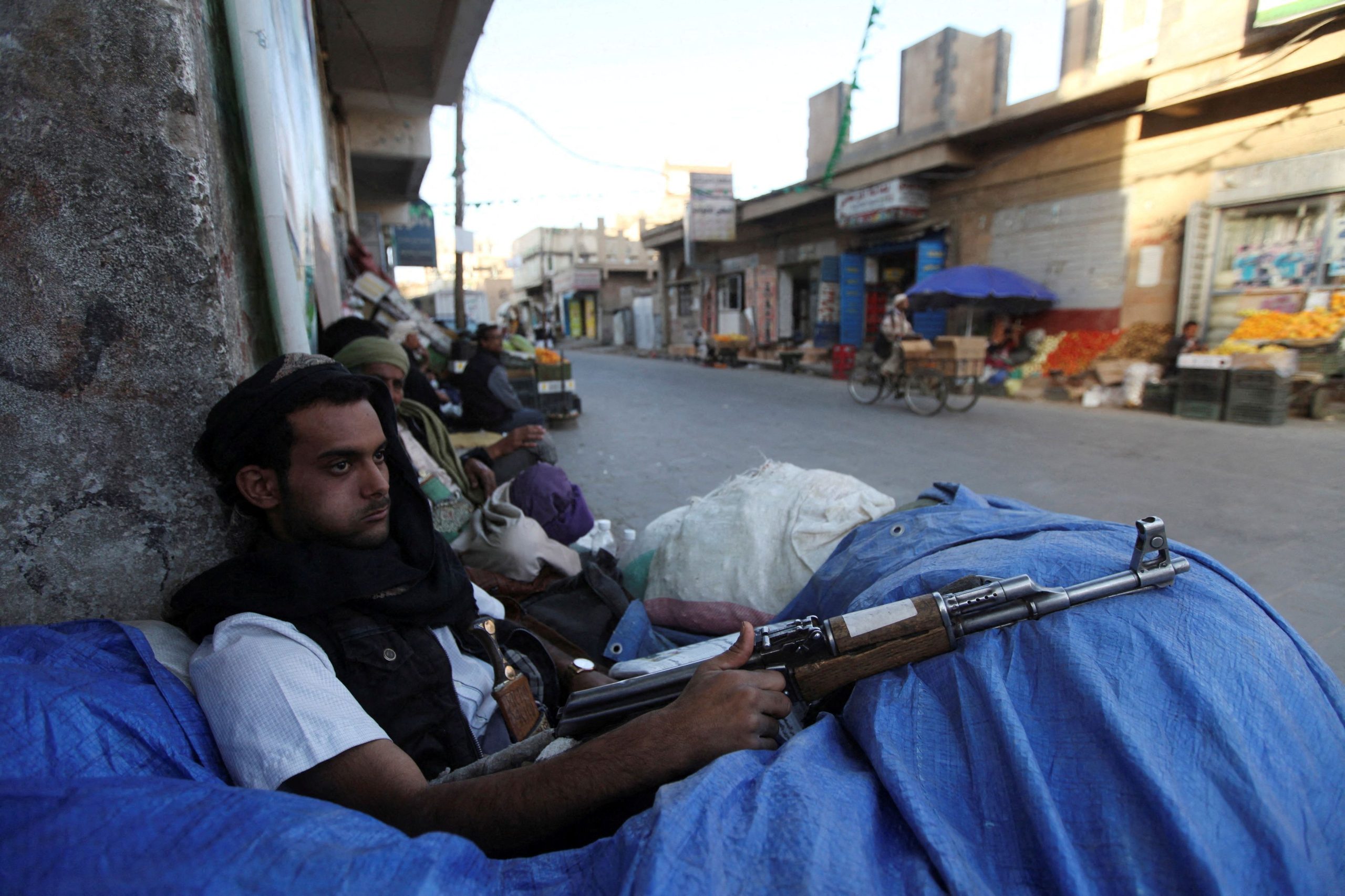pivot62.com – In an interconnected world, the concept of danger can be subjective, varying from natural disasters to political instability and crime. However, certain countries have earned a reputation for being particularly perilous due to a combination of factors such as ongoing armed conflicts, high crime rates, and severe political repression. This article delves into the crucible of conflict, exploring some of the world’s most dangerous countries and the complex reasons behind their volatility.
- Syria: A Decade of Devastation
Syria tops the list of the world’s most dangerous countries, embroiled in a brutal civil war since 2011. The conflict has led to hundreds of thousands of deaths, millions of refugees, and widespread destruction. Foreign intervention, sectarian violence, and the rise of extremist groups like ISIS have exacerbated the situation, making Syria a place of immense suffering and danger. - Afghanistan: A Land of Endless War
Afghanistan has been synonymous with conflict for decades, with the recent withdrawal of U.S. and NATO troops leading to a Taliban takeover. The country has been plagued by terrorism, civil war, and a harsh regime that suppresses human rights. The uncertain future and the potential for further conflict make Afghanistan one of the most perilous places on earth. - Yemen: A Humanitarian Catastrophe
Yemen is grappling with what the United Nations has called the world’s worst humanitarian crisis. A devastating civil war, compounded by a Saudi-led coalition’s military intervention, has led to widespread famine, disease, and a collapsed healthcare system. The presence of Al-Qaeda and other militant groups adds to the country’s instability and danger. - Iraq: The Scars of War
Iraq has been ravaged by decades of war, including the 2003 U.S.-led invasion and the subsequent insurgency and rise of ISIS. Although ISIS has been largely defeated, the country still faces significant challenges, including sectarian tensions, political instability, and a weakened infrastructure. The ongoing violence and unrest make Iraq a dangerous destination. - Somalia: The Lawless Land
Somalia has been without a functioning central government for much of the past three decades, leading to widespread lawlessness. The country is known for piracy, terrorism, and clan-based conflicts. The al-Shabaab militant group continues to carry out attacks, further destabilizing an already fragile nation. - North Korea: The Hermit Kingdom
North Korea is one of the most isolated and repressive regimes in the world. The government’s human rights abuses, nuclear ambitions, and unpredictable leadership make it a highly dangerous country. The severe restrictions on travel and the threat of detention for foreigners add to the peril. - Venezuela: The Collapse of a Nation
Venezuela is experiencing a profound economic and political crisis. Hyperinflation, food and medicine shortages, and widespread crime have led to a humanitarian emergency. The government’s authoritarian tactics and the suppression of dissent have contributed to the country’s descent into chaos. - South Sudan: A New Nation in Turmoil
South Sudan, the world’s youngest country, has been mired in civil war since 2013. The conflict has resulted in massive displacement, famine, and human rights abuses. The fragile peace agreements have failed to bring lasting stability, leaving South Sudan in a state of constant danger.
Conclusion:
The countries listed above are in the crucible of conflict, facing a myriad of challenges that make them particularly dangerous. It is important to understand that these nations are not inherently dangerous; rather, they are caught in complex webs of historical, political, and social issues that have led to their current states. International cooperation, humanitarian aid, and diplomatic efforts are crucial in addressing these crises and helping these nations find paths to peace and stability. As global citizens, we must remain informed and empathetic, recognizing that the dangers faced by these countries do not exist in isolation but have far-reaching implications for the entire world.
